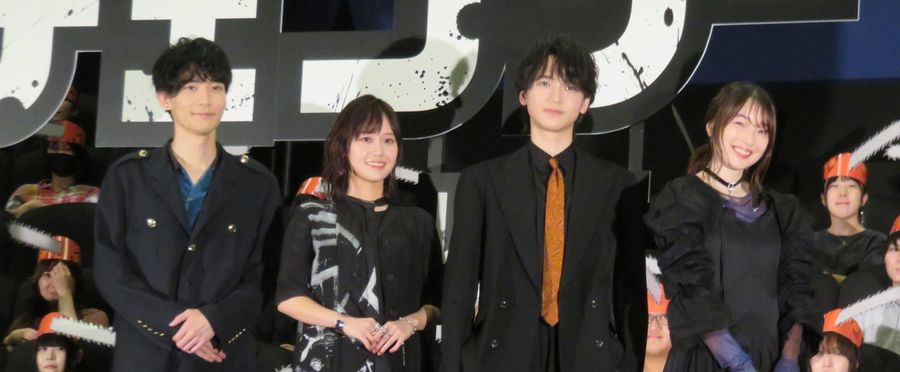The craze for Japanese anime films continues in South Korea, drawing an impressive crowd of viewers. There has been a rise in the popularity of these animated productions, contributing to the booming entertainment industry in both countries. The shared cultural aspects and unique storytelling techniques embodied in these films are resonating with the South Korean masses, fuelling a wave of Japanese animation fandom in South Korea.
In Japan, anime is considered more than just children's cartoons - it's a significant part of their pop culture and a major creative industry. Its popularity overseas signifies soft power, where Japan's influence extends culturally. Thus, the rise of anime in South Korea is viewed positively, promoting cultural exchange and boosting the Japanese entertainment industry.
In the context of the US and EU, the increasing popularity of foreign films, such as Korean dramas or Japanese animes, is often viewed as a sign of cultural diversity and global interconnectedness. It's similar to the rise of films like Parasite in the West, where foreign media consumption suggests an appreciation of diverse storytelling methods and cultural narratives.

